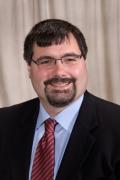UR Medicine Recovery Center of Excellence Steering Committee
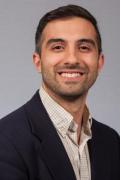
Lisham Ashrafioun, PhD
Dr. Lisham Ashrafioun is an assistant professor in the Department of Psychiatry at the University of Rochester Medical Center and a research investigator at the VA Center of Excellence for Suicide Prevention at the VA Finger Lakes Healthcare System. His research interests and experiences have spanned distinct and overlapping areas of chronic pain, suicide prevention, and substance use, particularly opioid misuse. Dr. Ashrafioun is a co-principal investigator for the University of Rochester’s Recovery Center of Excellence.

Gloria Baciewicz, MD

Wendi Cross, PhD

Hochang Benjamin Lee, MD

Daniel Maeng, PhD

Jade Malcho, MD

Itza Morales, MSB, CASAC

Corey Nichols-Hadeed, JD
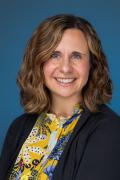
Holly Russell, MD, MS
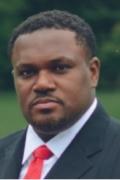
Patrick Seche, MS, CASAC
Patrick Seche is the senior director of addiction services and a senior associate faculty member in the University of Rochester Medical Center’s Department of Psychiatry, and currently oversees three clinics at Strong Recovery, which is a part of Strong Memorial Hospital. On the steering committee for the University of Rochester’s Recovery Center of Excellence, Seche focuses on substance use disorder, methadone treatment, and community relations.
Contributors
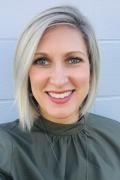
Julie Achtyl, MS, LMHC, Master-CASAC, NCC
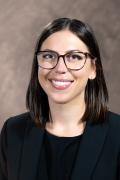
Emily Clark, DO
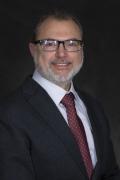
George Nasra, MD, MBA

Kelly Quinn

Charmaine Wheatley
Upon graduation from the Nova Scotia College of Art and Design, Canadian born performance artist Charmaine Wheatley has been primarily based in New York City since 1997. Her work is held in international museum and library collections, including New York’s Museum of Modern Art. She has received numerous awards and done many artist in residencies, most recently at the University of Rochester Medical Center and University of Buffalo, both in New York as well, a lifetime AIR of The Isabella Stewart Gardner Museum in Boston, MA.
